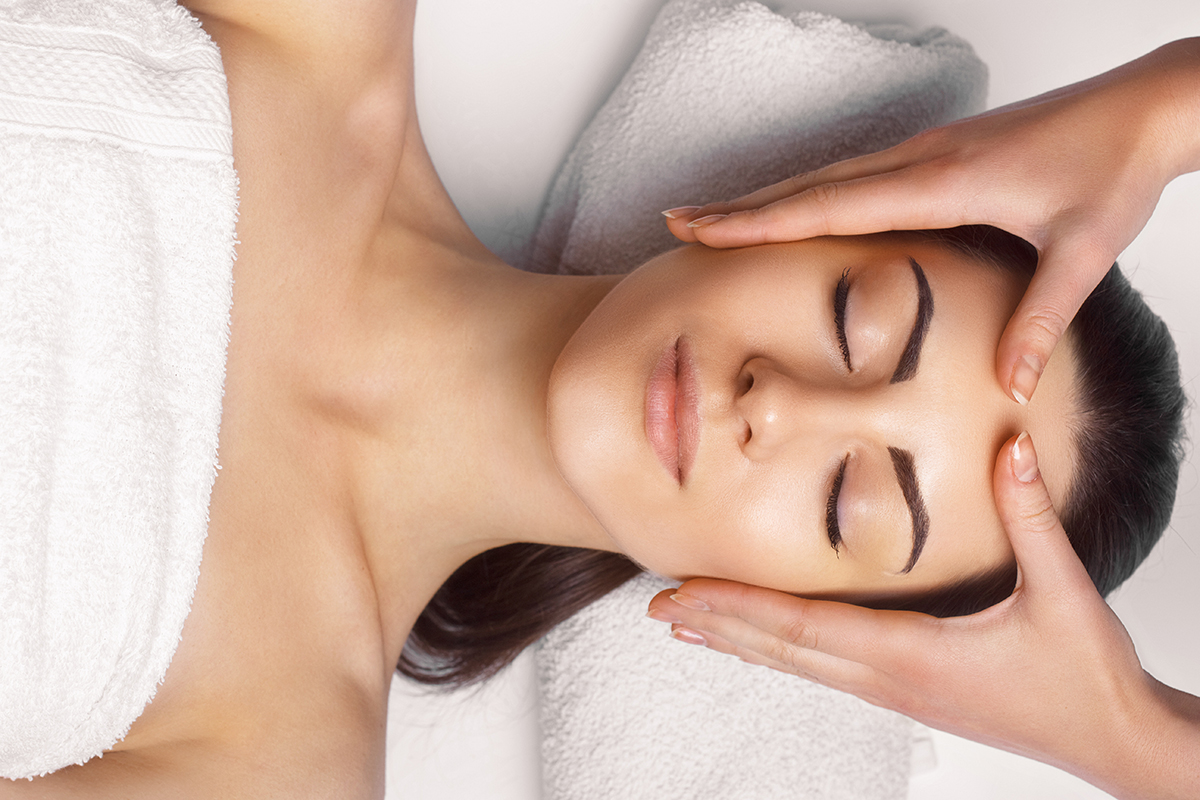Massage therapy is fast becoming recognised as a means for treating mental health conditions. More specifically, certain types of massage therapy can complement traditional treatment for mental health conditions like depression or anxiety, and have proven to have a profoundly positive effect on a person’s overall mood and mental state.
So let’s look at what mental health conditions can be treated by massage, and the types of massage therapies that can be used to do so.
Mental health conditions that massage therapy can help treat
In recent years, people have become more mindful of the benefits of alternative medicine and holistic treatment, with massage proving to be a safe and relaxing way of achieving a positive mind and body balance. It has also been found that massage therapy can be a great companion to psychotherapy in treating mental health conditions. The following are some conditions that massage therapy has a proven positive impact on:
Stress
While the modern way of living would have you believe that stress is a normal part of day-to-day life, it can be very traumatic on the body and the nervous system. Physical symptoms of stress can culminate into frequent headaches, muscle spasms, stomach cramps, joint pain, fatigue, and high blood pressure. The body’s “stress hormone” cortisol is elevated during testing times (for example, when we’re juggling a lot of tasks at the same time or working to finish something before a tight deadline), and this leads to a reduction of the body’s “happy hormone”, dopamine.Massage can help to relax the body and mind, which increases dopamine levels and improves the mind’s ability to be calm and focused.
Anxiety
Massage therapy can assist in relieving symptoms of anxiety and panic disorder by helping the body to relax, making it easier to let go of fearful or negative thoughts. This is because massage therapy is a relaxation technique that can help to manage the body’s fight-or-flight response by inducing a relaxing response that calms down the nervous system, lowers the heart rate, and eases the physical symptoms of worry. Reductions of trait anxiety and depression were identified as the largest effects of massage therapy in a study carried out by the Psychological Bulletin.
Depression
Depression is one of the most common mental health conditions, and it negatively impacts people’s lives and makes day-to-day tasks difficult and sometimes impossible to manage. Massage therapy has been shown to alleviate symptoms of depression by activating the sympathetic nervous system, resulting in an increase of ‘feel-good’ hormones and a calmer, focused state of mind. Massage therapy also activates neurotransmitters like serotonin, which is responsible for stabilising mood and promoting sleep.
The types of massage therapy that can help treat mental health
While all forms of massage have their own unique benefits or purpose, the following have been proven to be the most beneficial for managing mental health conditions:
Swedish massage
Swedish massage therapy is very gentle and relaxing, easing tension and improving circulation, and is one of the most widely-used forms of massage in the western world. A Swedish massage therapist uses long, smooth strokes and a combination of kneading, tapping, stretching, and circular movements on the superficial layers of muscle. Swedish massage is known to have several benefits for both the body and mind, including:
- Reducing muscle and joint pain.
- Lowering blood pressure.
- Boosting the immune system.
- Reducing headaches.
- Decreasing fatigue.
- Improving mindfulness.
Hot stone
The purpose of hot stone massage is to balance the energy centres of the body by loosening tight muscles using heat. Smooth, heated stones are placed on specific points on the body – usually the sides of the spine, along the length of the legs, on the abdomen, and on both the palms and feet. This form of massage is deeply relaxing and calming, and is often used to treat anxiety and depression, as well as back pain, muscle pain, and insomnia. The relaxation from the heat and pressure of the stones assist in easing mental stress and improving blood flow, which in turn helps to regulate hormone levels.
Shiatsu
Shiatsu massage is a form of Japanese acupressure that involves using firm finger pressure on the acupuncture meridians. Each point is held for a few seconds, with the aim to release negative energy and restore balance back into the body and mind. This ancient form of treatment is known for its benefits in reducing stress as well as:
- Relieving muscle pain and stiffness.
- Reducing headaches.
- Increasing energy levels.
- Relieving joint pain.
Is massage therapy right for you?
If you’re interested in pursuing a career in massage therapy to help treat people suffering from mental health conditions, you’ll need to make sure you’re equipped with the right knowledge. In becoming a massage therapist, you’ll need to master the basics of massage therapy.
Discover Massage Australia’s Whole Body Massage course is industry-recognised and allows you to explore every facet of the massage industry, ensuring you’re confident in treating a range of mental, physical, and emotional health conditions.

